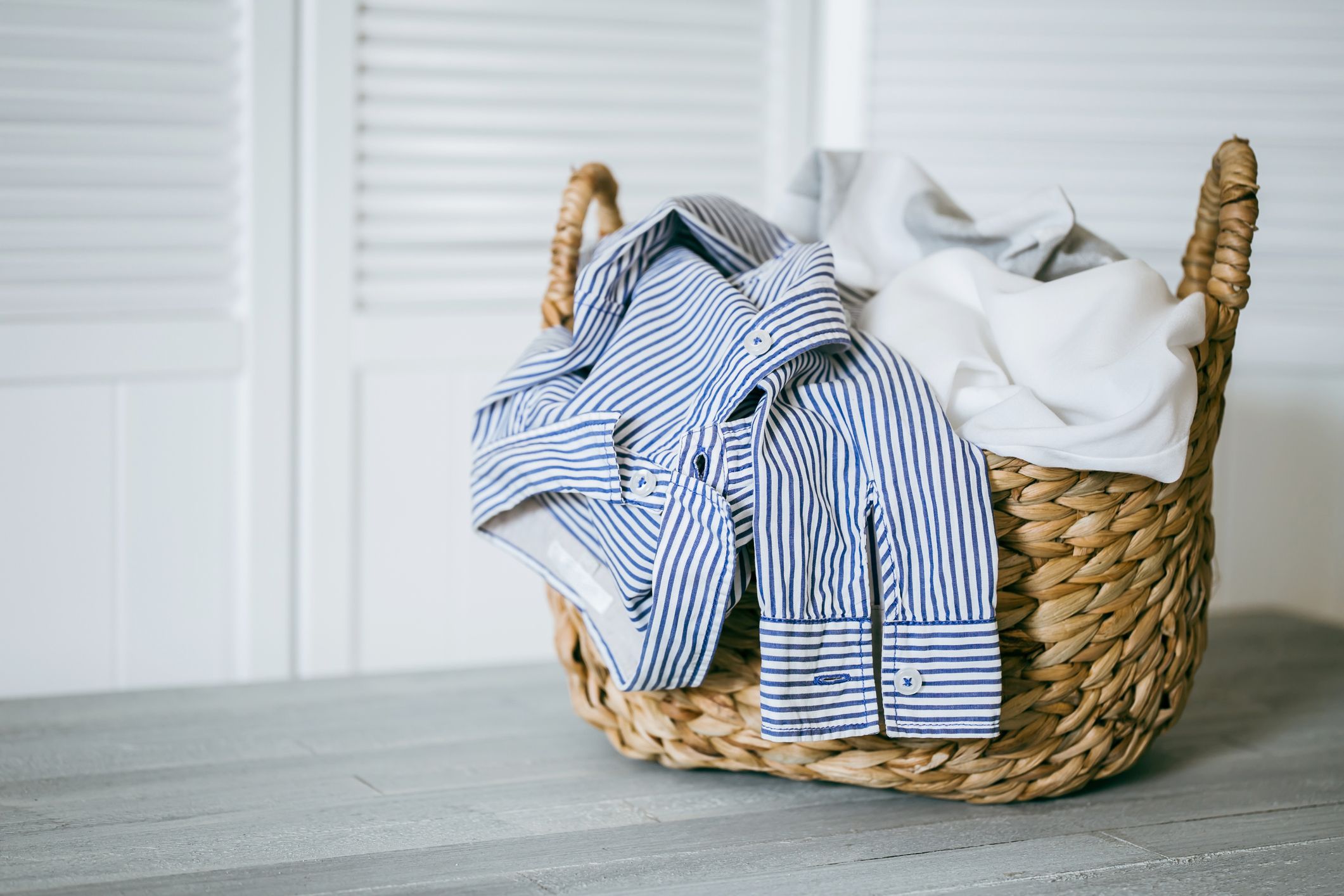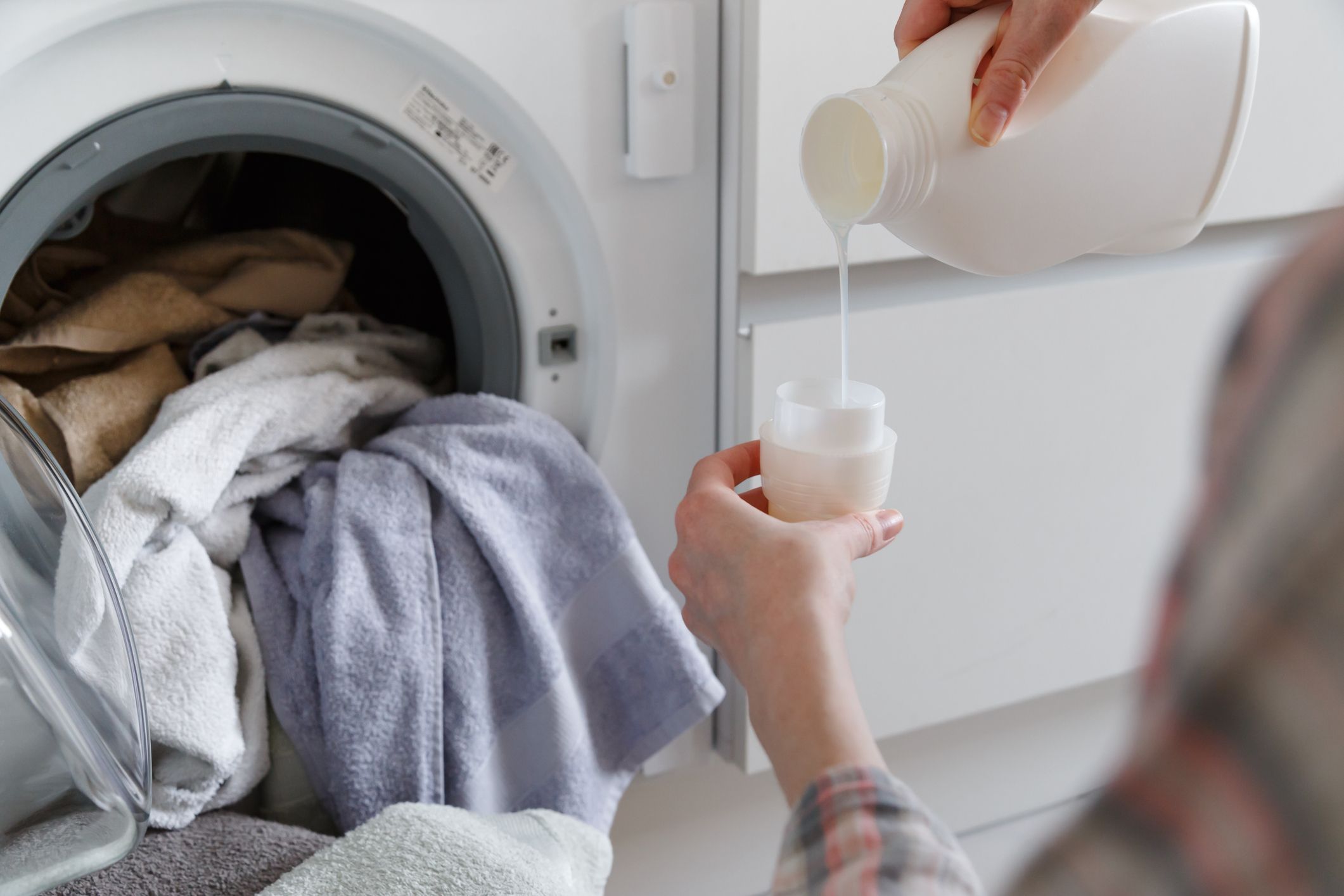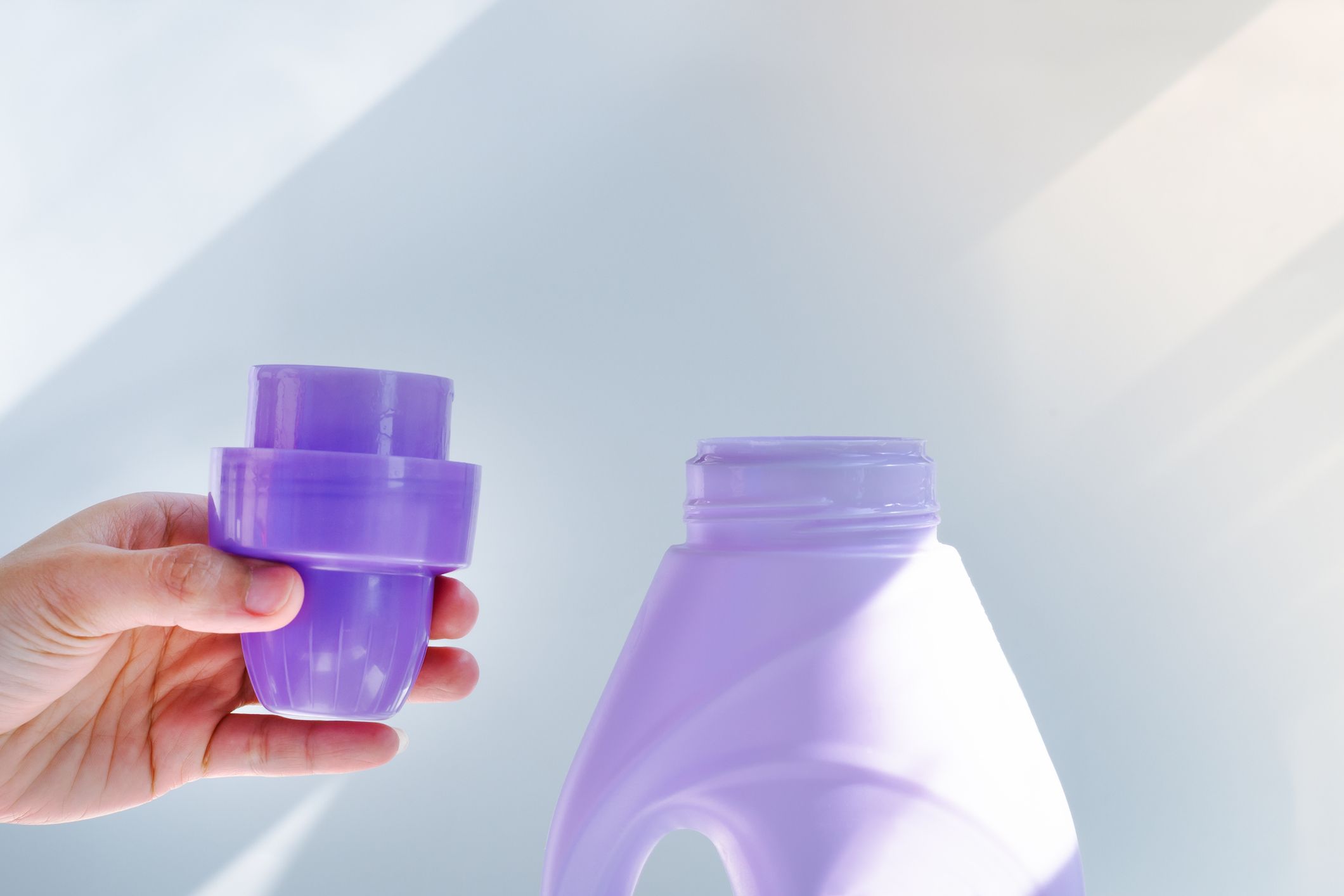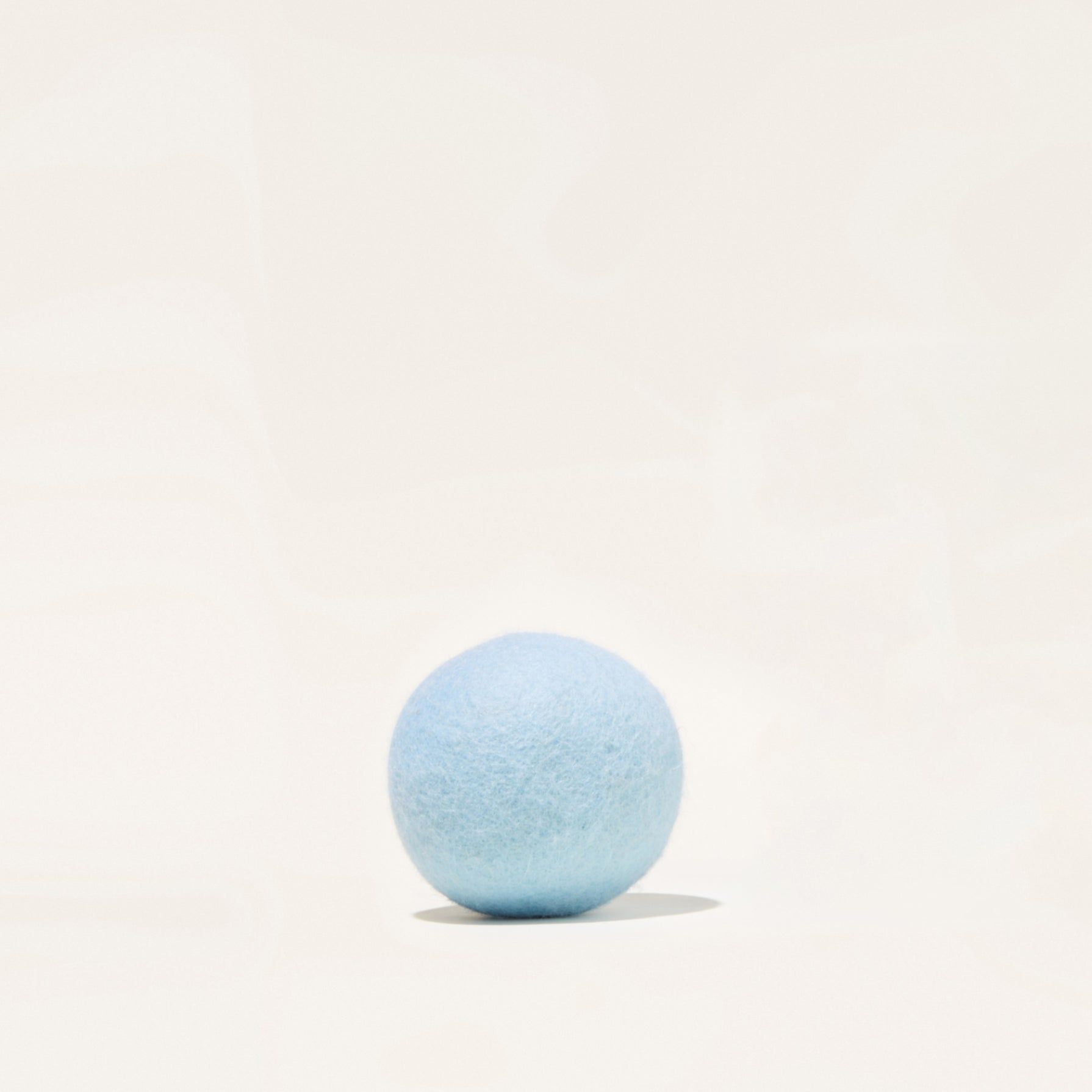PLASTIC-FREE LIVING
5 Fabric Softener Alternatives
Published: February 27, 2024
Updated: January 23, 2025


Have you ever wondered if your laundry needs fabric softener? If you're like many people, you might've just started using it because it was something your parents or partner did that you picked up on. But, the truth it, you may not need fabric softener because, come to find out, it's actually up to you and not a necessity! Here's everything you should know about fabric softeners to help you decide.

What do fabric softeners do?
Fabric softeners are laundry products designed to impart a soft and smooth feel to fabrics, reduce static cling, and leave clothes smelling fragrant. They typically contain ingredients such as cationic surfactants, which help to lubricate and soften the fibers of the fabric. When added to the rinse cycle of a washing machine, fabric softeners coat the fabric fibers, making them feel softer to the touch and reducing friction between them, which in turn reduces static electricity buildup. Additionally, fabric softeners often contain fragrances that leave clothes smelling fresh and clean. Some fabric softeners also include anti-static agents and ingredients to help reduce wrinkles and make ironing easier.
Are fabric softeners necessary?
Fabric softeners aren't necessary. While they offer benefits such as softening fabrics, reducing static cling, and adding fragrance, whether to use a fabric softener or not is just a personal preference. Some people find that fabric softeners enhance the feel and scent of their laundry, while others may not feel the need to use them at all.
In some cases, fabric softeners may not be suitable for certain types of fabrics or individuals with sensitive skin, as they can leave residues or cause allergic reactions. Additionally, some fabrics, such as microfiber or athletic wear, may perform better without the use of fabric softeners, as they can reduce the fabric's ability to wick away moisture or maintain its texture.

What are the downsides to using a fabric softener?
-
Residue Buildup: Fabric softeners can leave a residue on clothing and in washing machines over time. This residue may accumulate on fabrics, reducing their absorbency and breathability. In washing machines, it can build up on the drum, dispenser, and other parts, potentially leading to malfunctions or odors.
-
Reduced Absorbency: Fabric softeners can reduce the absorbency of fabrics, which may be undesirable for certain items such as towels, dishcloths, or athletic wear. This reduction in absorbency can affect the performance of these items, making them less effective at drying or wicking away moisture.
-
Allergic Reactions: Some individuals may be sensitive or allergic to the ingredients in fabric softeners, particularly the fragrances and other additives. These reactions can manifest as skin irritation, respiratory issues, or headaches.

-
Environmental Impact: Fabric softeners, like many household products, can have environmental impacts. Some formulations contain chemicals that are harmful to aquatic life or contribute to air pollution. Additionally, the packaging of fabric softeners may not always be recyclable, adding to waste.
-
Flame Retardant Interference: Fabric softeners can interfere with the flame retardant properties of certain fabrics, particularly children's sleepwear or garments intended for use in high-risk environments. This interference could potentially compromise the safety of these items in the event of a fire.

What are natural alternatives to fabric softener?
Depending on your reasoning for wanting to use a fabric softener, there are lots of alternatives you can turn to if you're trying to avoid fabric softener but still want some benefits.
-
Vinegar: White vinegar can act as a natural fabric softener and odor neutralizer. Adding half a cup to one cup of white vinegar to the rinse cycle can help soften fabrics, reduce static cling, and remove detergent residues.
-
Baking Soda: Baking soda is another natural alternative that can help soften fabrics and eliminate odors. Adding half a cup to one cup of baking soda to the wash cycle can help soften clothes and neutralize odors.
-
Wool Dryer Balls: Wool dryer balls are a specific type of dryer ball made from natural wool fibers. They not only help soften fabrics but also absorb moisture, reduce static cling, and help clothes dry more quickly.
-
Aluminum Foil: Crumpling up a sheet of aluminum foil and adding it to the dryer can help reduce static cling by dissipating electric charges.
-
Air Drying: Allowing clothes to air dry naturally can help prevent stiffness and reduce static cling. Hanging clothes outdoors or on a drying rack indoors can result in naturally softened fabrics.
Tags
Featured Products
Loading...

